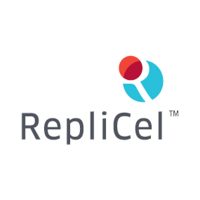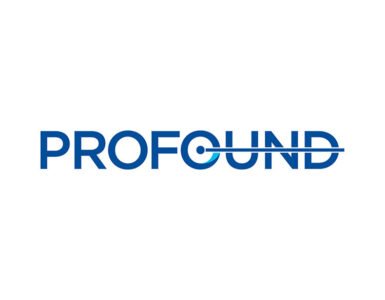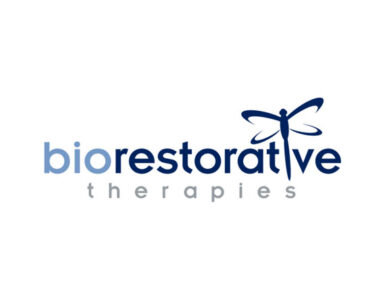
RepliCel Life Sciences (OTCQB:REPCF; TSXV:RP; FRA:P6P2) has received a key patent in the U.S. covering significant components of its novel, multi-needle dermal injection device.
The patent relates to technologies designed to enable both unparalleled control and repeatable consistency of needle action and product deposition. The patent also relates to the element designed to numb the skin prior to injection with the intended effect of reducing, if not eliminating, the need for local anesthetic prior to aesthetic injection procedures.
The first device being developed under the U.S. patent, RCI-02, is designed for injecting soft tissue fillers such as hyaluronic acid. RCI-02 represents the nearest-term commercial opportunity for RepliCel, which it intends to have market-ready and in the hands of a co-development licensee and commercial partner next year.
The device is also being developed for the injection of RepliCel’s RCH-01 hair restoration and RCS-01 skin rejuvenation products. It also has the potential to deliver other injectables such as drugs, biologics, vaccines and fat grafts. Earlier this year, RepliCel received two European patents for RCI-02.
In a statement, Dr. Rolf Hoffmann, CMO, who is also a practicing dermatologist and the primary inventor of the RCI-02 injector, said the device has been designed to provide “unprecedented reliability, reproducibility, and programmability of three-dimensional skin injections, enabling clinicians better control and consistency, while also providing less-experienced injection specialists with the confidence to undertake these procedures with desired outcomes.” Single needle syringes available today do not have the ability to precisely deliver dermal fillers, with predictable and consistent results, he added.
Lee Buckler, CEO, said the company is on track to have prototypes ready in the third quarter this year for initial functional and usability testing by engineers, as well as, user-groups.
“This year is about building and testing commercial-grade prototypes,” he added. “Next year, our goal is to get RCI-02 CE-marked, licensed to a commercial partner and generating revenue.”





